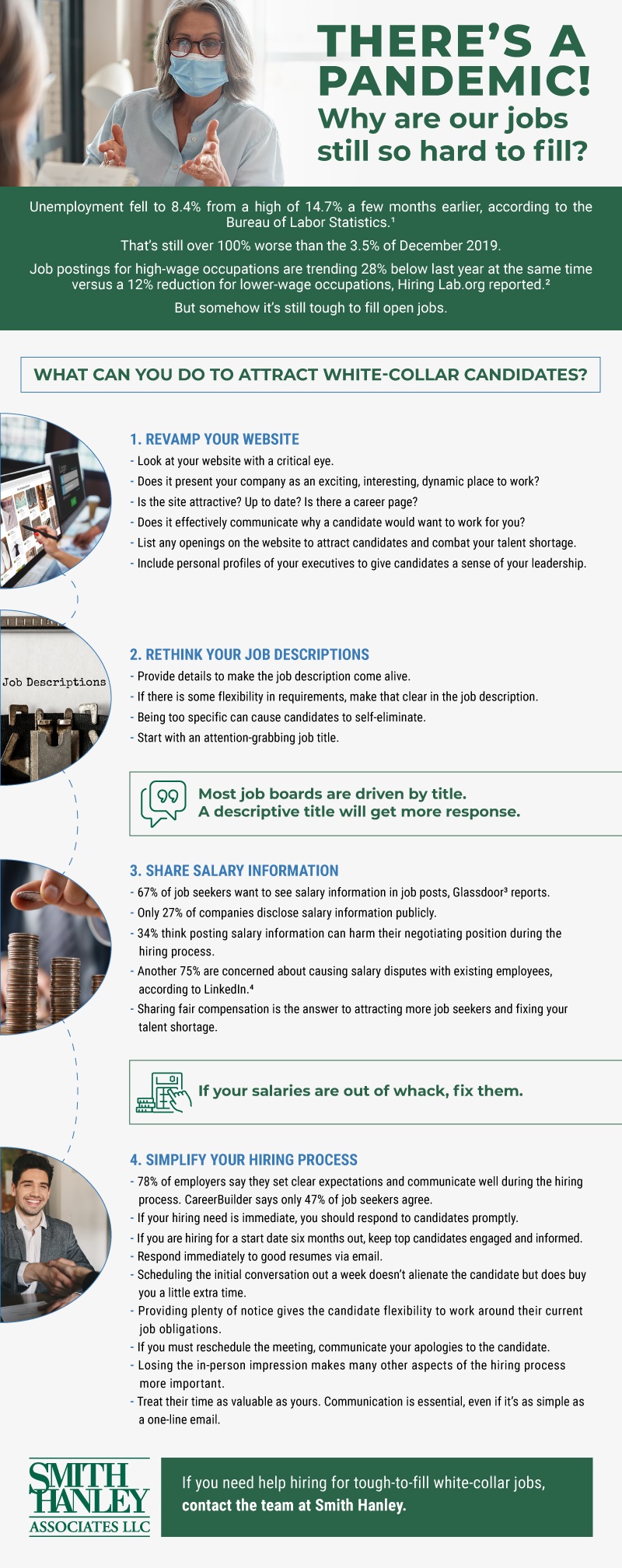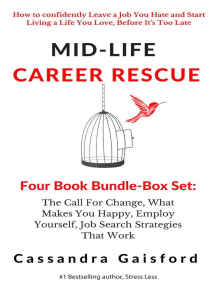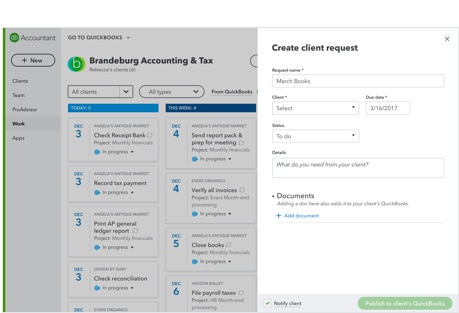
Before you decide to change careers, it is essential that you have a clear idea of what you desire from your current job as well as your long-term career goals. To do this, you need to identify your skills and interests. You can then make a list to identify the skills and knowledge you want to acquire or use in your new career.
SMART goals
When setting goals for your career, a SMART career goal template can be a good choice. Although templates can be as unique as your career, they may not reflect your true potential. For example, a template may not reflect your values and unique skills. Instead, it will be more useful if you have your own personal goals. This article will discuss the SMART goals framework and give examples of career-related goals. The SMART goals are Specific, Measurable Action-Oriented Realistic and Timeline goals. The framework helps you break down your goals and makes them easier to manage.
The SMART longterm career goal will help you evaluate and improve your performance. For example, a career goal can be based on improving your output or enhancing your skills. A SMART career goal, which focuses on improving communication skills, could help you increase your chances of landing the job that you desire.
Relevant
The question "What do I want to be when I grow up?" is answered by long-term career goals. These goals could include becoming a CFO, college lecturer or business owner, or vice-president of marketing. They could also include a creative endeavor such as writing a book or opening a yoga studio.

The long-term goals for your career are more ambitious than those that you have in the short-term. They require more planning and commitment. In addition, these goals may take years to achieve. Earning a degree is the most common goal for long-term careers. It requires many years and dedication. This is the most important long-term goal.
Time-based
One example of a time-based long term career goal is to become a product manager. Many software developers are looking to progress into management positions, but may not be able to do so at their current company. If this is the case, it is important to seek support from a manager, as they will often be able to encourage you in your long-term goal. Don't forget that most companies will be more than happy to help current employees acquire new skills. This can make it easier to advance your career.
The long-term career goals need to be clear and achievable. They should reflect your own needs and interests and be linked to career advancement and security. A positive outlook is key if you are looking to make a career transition.
Specific
It is crucial to identify your long-term career goals, especially if motivation is lacking in your current job. Your day-today actions and career conversations should reflect your long-term goals. Sometimes, it is necessary to take several short-term actions before a specific long term goal can be achieved. You might need to increase your productivity or your skillset in order to achieve a long-term goal for your career.
It is a common goal for many people to get a raise in their pay. This can be achieved by documenting your achievements in work and creating a list that explains why you deserve a raise. Change of career is another common goal. Many people have made it from being lawyers to becoming fashion designers or marketing specialists to chefs.

Personal
An employee's personal, long-term career goal is an important component of their resume. While a person's resume should focus on highlighting their past achievements, it should also incorporate specific achievements that relate to their long-term career goals. A manager might include a degree from an elite university, or perhaps a supervisory position.
Long-term career plans, in contrast to short-term objectives, often require more planning. Because they are often more extensive and can take many years to achieve, this is why. One of the most popular long-term career goals is earning a degree. This will require years of hard work, but will likely be the first longterm goal that most people have.